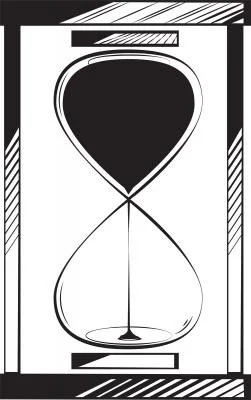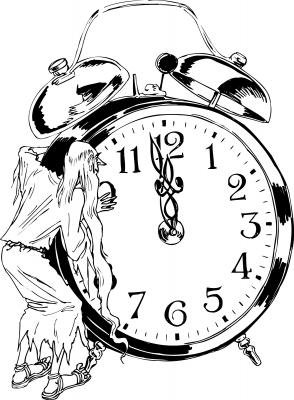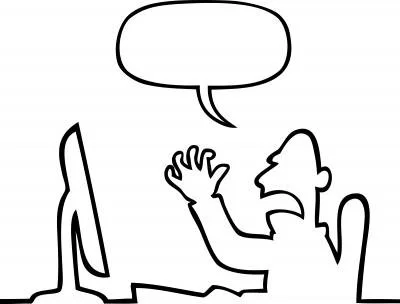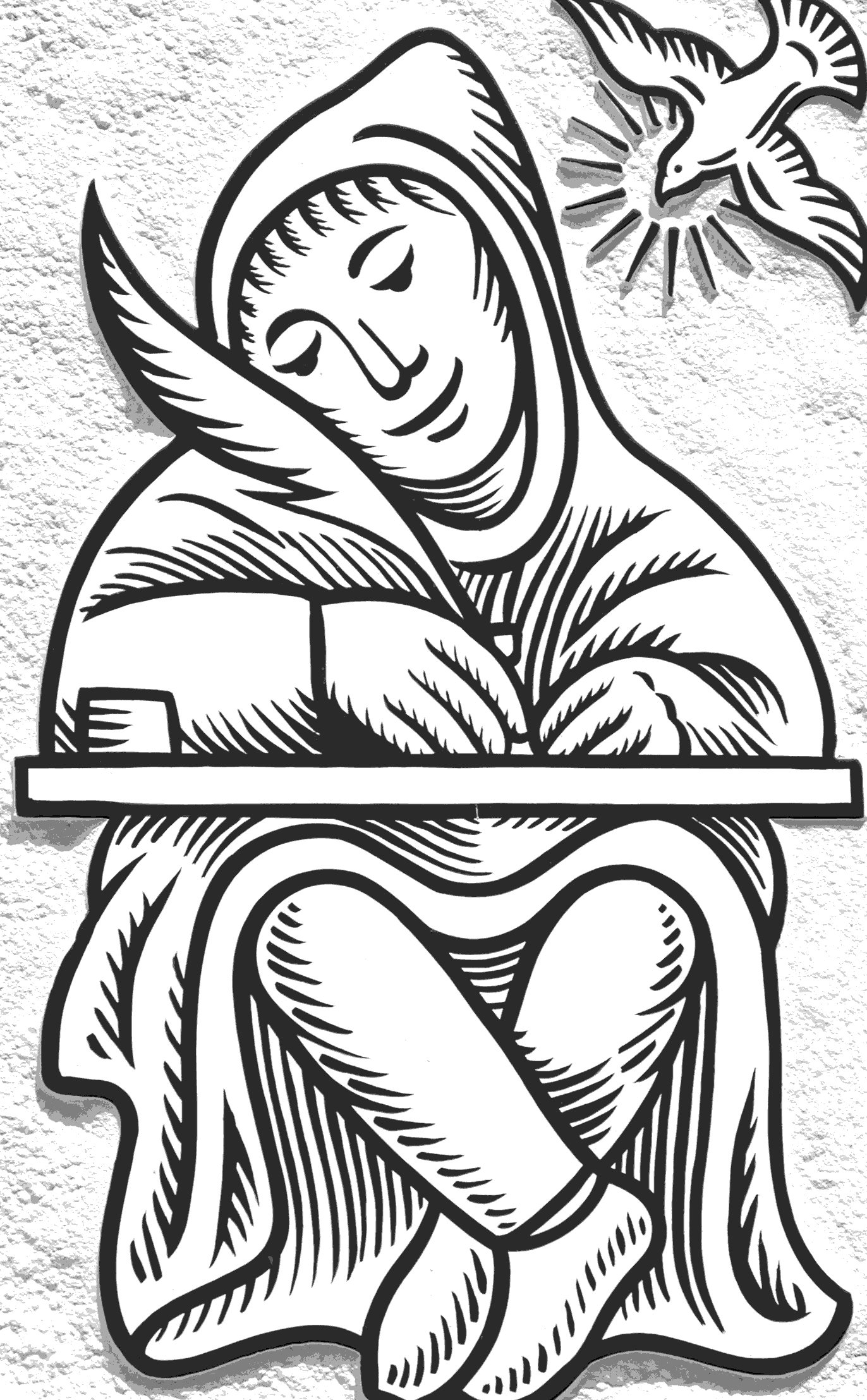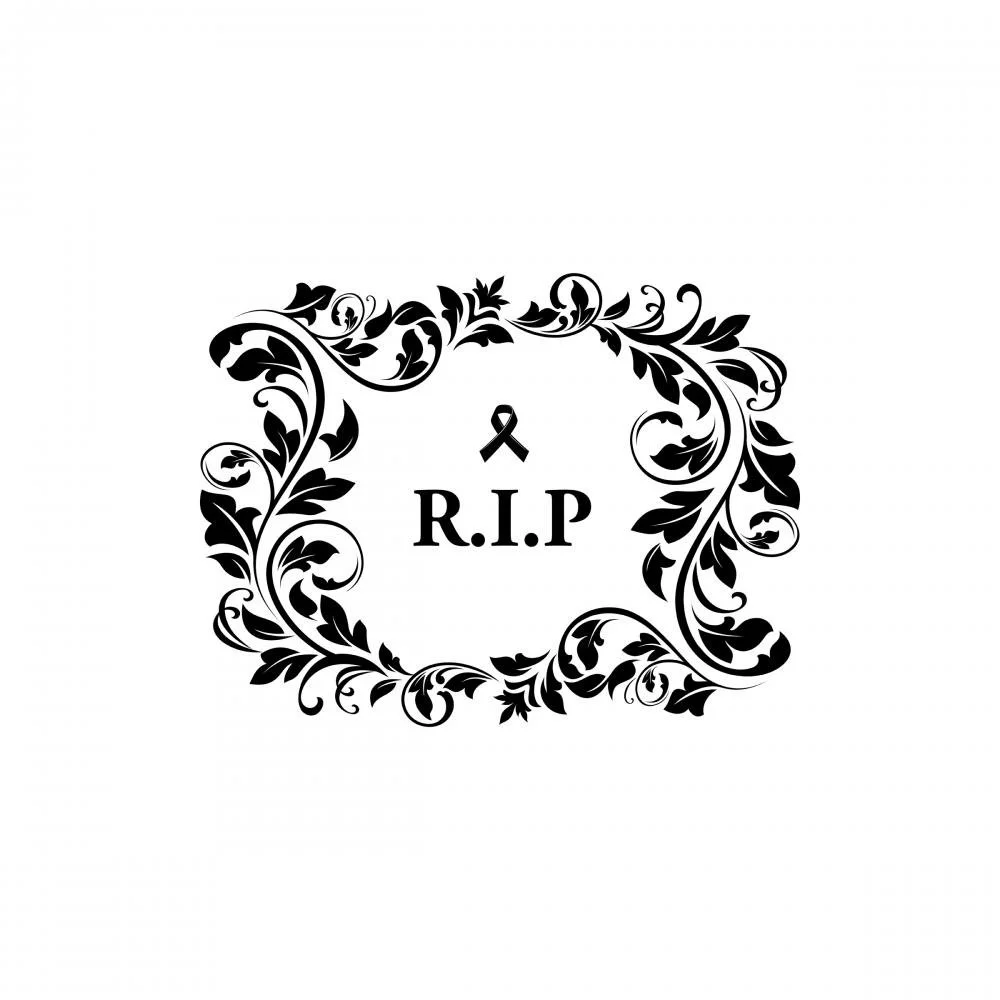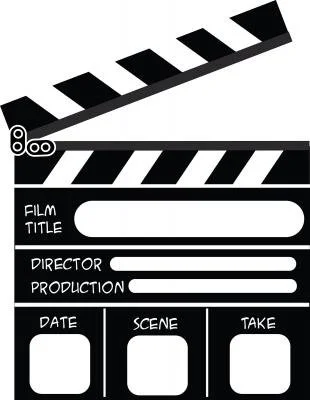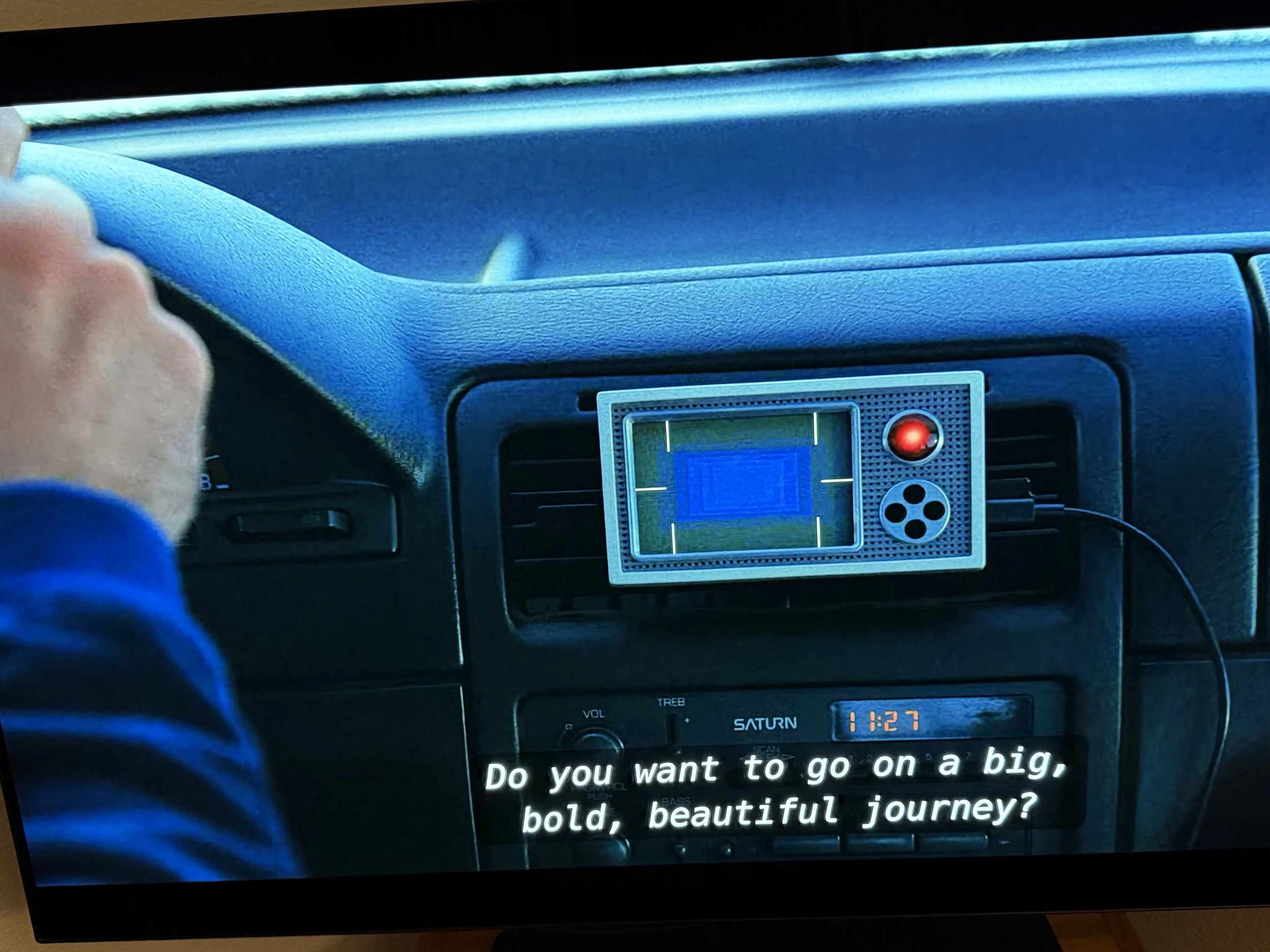Meditations on Time
Here I am, at age 78, seemingly surrounded by stories about time. These stories naturally have a way of turning my thoughts toward how short my own time may be.
I just reread a novel in which every adult on the planet receives a box containing a string that reveals exactly how long they will live. And I’m recalling the television comedy about a moral accounting system that tracks a person’s life here on Earth. Finally, there’s the recent film that imagines we get to choose the precise form our eternity will take.
I did not set out to braid these snippets of our popular culture together. They braided themselves. At this age, time insists on being the subject.
The reminders are constant. Obituary columns, for one. My personal calendar, for another, which now includes far more medical appointments than it once did. Routine blood work. MRI, CT and DEXA scans. Follow-ups, with each visit carrying the distinct possibility that this will be the one where the doctor pauses too long before speaking. Most of the time the news is ordinary. “See you in six months.” But the suspense never quite disappears.
In Nikki Erlick’s 2022 novel The Measure, a mid-life character suggests that a string long enough to reach age eighty would count as good news. When I read that passage, I felt a small jolt. Eighty no longer feels like a distant horizon. It is a number that is uncomfortably close.
If I opened my box today, I would automatically have a long string. The real question would be: how much longer? A year? Five years? Ten? More? Though If I died today, surely no one would lament that I was gone before my time.
All of which leads to other concerns. How many more years would I want if they are shadowed by increasing pain — or other physical or mental decline? Longevity, at this stage, is not automatically the goal. There are conditions.
The Good Place, the four-season television series originally airing on NBC (and now available on Peacock), begins with a moral scoring system; every human action or interaction earns positive or negative points. An endless array of cosmic accountants supposedly keeps track of these tallies someplace up there in the sky, and when you die your final count decides your destiny. It is morality, and judgment day, rendered as a dispassionate spreadsheet.
At 78, that premise feels less like satire and more like a quiet audit. I find myself reviewing my own ledger. Have I been good? Not necessarily accomplished. Nor productive. But good?
My entries must be mixed. I have lived and loved imperfectly. I have hurt people I did not intend to hurt. There are relationships that did not endure. Some ended gently. Others did not. Even now there is sadness attached to those chapters, a sense that certain conversations might have gone differently if I had been wiser, braver or simply more skilled.
I sometimes wonder whether those endings count against me, or whether they merely show that I kept trying to connect and sometimes failed.
The show ultimately dismantles its point system, though. Life, it suggests, is far too entangled for simple math. Growth matters more than totals; it matters more than being flawless.
What lingers for me now is the series’ ending. Even paradise becomes hollow if it stretches on forever. In the final season, the characters are offered an exit. They step through one last door when they feel complete. Eternity with no ending, the show suggests, flattens meaning.
So, I wonder: How, ultimately, will I measure my existence? Will there ever be a time when will I feel complete?
Those questions followed me into the 2025 film Eternity, now on Apple TV, where humanity is invited to choose the form one’s forever will take. The idea sounds appealing at first. Pick your paradise. A tropical beach, for example. Perfect weather. Endless calm.
But what would that mean after a thousand years? Ten thousand? How could any single scene, no matter how beautiful, sustain significance without limit? Without scarcity?
Part of what makes a late-life conversation more vivid is precisely that it may not be repeated endlessly. Scarcity is what gives weight to life’s ordinary moments.
I look at my shelves, full of the books I will gradually have to dispose of, and I am reminded that even objects, like relationships, have their season. I carry both gratitude and regret. At 78, one does not escape such reckoning.
If I knew the precise length of my string, I suspect I would live differently. I might rush to repair what remains frayed. Or I might grow cautious, conserving energy. Uncertainty leaves me in between. Aware of the limit, but not of its measure.
It is that uncertainty, perhaps, that keeps life from becoming either frantic or complacent.
If there is a ledger somewhere, I hope it records effort. That it shows I kept revising myself. That I tried to mend what I could. That I did not stop growing simply because the horizon drew closer.
I am not eager to open the box. And I am not certain I want a tropical eternity with no horizon. I only know that the ticking is audible now. Doctor visits. Quiet evenings. Books to disperse. Old relationships to ponder.
Age 78. Still adding to the ledger.
Poetry Selection: The Summer Day
Who made the world?
Who made the swan, and the black bear?
Who made the grasshopper?
This grasshopper, I mean —
the one who has flung herself out of the grass,
the one who is eating sugar out of my hand,
who is moving her jaws back and forth instead of up and down —
who is gazing around with her enormous and complicated eyes.
Now she lifts her pale forearms and thoroughly washes her face.
Now she snaps her wings open, and floats away.
I don't know exactly what a prayer is.
I do know how to pay attention, how to fall down
into the grass, how to kneel down in the grass,
how to be idle and blessed, how to stroll through the fields,
which is what I have been doing all day.
Tell me, what else should I have done?
Doesn't everything die at last, and too soon?
Tell me, what is it you plan to do
with your one wild and precious life?
-Mary Oliver
The Monk Persists
I built this blog on Thanksgiving Day, 2005. From scratch. In a single afternoon.
That first version is likely something archaeologists of the early internet might excavate from a dead server farm somewhere. Remember, this was before Facebook. Before Twitter. Before podcasts. Before we were all gently coerced into becoming “content creators,” feeding platforms whose names would eventually become verbs.
Back then blogging was its own ecosystem. Independent. Slightly nerdy. Sometimes thoughtful. Often opinionated. For some weird reason, I wanted in.
On that first day I explained how I came to call myself “TechnoMonk.” The name originated with a friend who once observed that my home furnishings were distinctly Spartan, while my investment in cameras, computers, and sound equipment was anything but. The term stuck; I’m still a gadget enthusiast.
The original blog was hosted by Blogger, and lived on a Comcast server under the domain technomonk.us. It was free, which seemed appropriate for what was then essentially a self-indulgent side project. Over time I discovered that “free” came with aesthetic constraints, sketchy support, and documentation that was likely composed by a tech guy with limited social skills. After almost a year of muttering at the screen, I decided to move on.
In October 2006 I adopted the domain technomonksmusings.com and migrated everything to Squarespace, where it has remained ever since. That first transition was not seamless. Files were exported and imported; some did not survive the journey. Lessons were learned. Patience was tested. A few agonizing weeks passed.
Eventually the site settled into Squarespace’s v5 platform, where it has lived for many years. The design remained largely unchanged. I described this to myself as “clean and timeless.” It may also have been “aging quietly.” At this point, my blog is older than many current, well, what-do-you-call-them, “influencers.”
What changed over time was my understanding of what this space represented. What began as a modest vanity project gradually became something more substantial: a personal archive. It now contains reflections on work, institutional politics, relationships, travel, aging, grief, loss, rejection, existential angst, and yes, a fairly steady stream of complaints. I have never curated commentary particularly carefully.
Version 5, however, has reached its twilight. Support is minimal. Editing began to feel like maintaining a museum exhibit devoted to mid-2000s web design. So the options became clear: let it fade away, archive it imperfectly, or migrate again.
But I remembered 2006. The mere thought of another migration made my shoulders tighten. The move to Squarespace 7.1 would preserve the content, but the site itself would need rebuilding. Every post would require reformatting. One. By. One. Add in the predictable dry eyes from too many hours at a screen, and it all began to feel like a full-contact sport.
And yet, here we are.
The transition is complete. The layout is cleaner. The font is slightly larger, which my fellow senior citizens should appreciate. Underneath, the structure is sturdier and far less temperamental.
Two domain names. Three platforms. Twenty years.
Not bad for something launched on a whim in a sparsely furnished home office with just my computer and one crazy idea.
So: thank you for stopping by, whether you’ve been here since 2005 or arrived somewhere along the way. I can’t promise frequency. I can promise that when something feels worth saying, it will appear here.
The Monk persists.
Soundtrack Suggestion
It’s quite apparent
Your grammar’s errant
You’re incoherent
Saw your blog post
It’s really fantastic
That was sarcastic
’Cause you write like a spastic
I hate these Word Crimes
Your prose is dopey
Think you should only
Write in emoji
(“Word Crimes” – “Weird Al” Yankovic)
In Memoriam
Thomas A. Schwandt
Thomas A. Schwandt was a teacher in the most profound sense of that word. When he died right before Christmas, at age 77, the news felt to me like the quiet closing of a chapter that began more than thirty years ago.
I received my Ph.D. from Indiana University in 1995, with Tom as my dissertation director. I learned last November, just after his birthday, that he was ill. Even with that knowledge, the report of his passing landed heavily.
In absolutely no uncertain terms, Tom was the center of my IU graduate-student experience.
Tom began his academic life in English literature before moving toward theology, philosophy, and ultimately evaluation. That trajectory makes perfect sense in retrospect. His work was always animated by questions of meaning and moral judgment. My own undergraduate training was in chemistry, a discipline that demands intellectual discipline, analytic precision, respect for evidence, and humility before complexity. Tom helped me see that those habits of mind need not be abandoned when one enters qualitative inquiry; they must simply be redirected. Under his guidance, rigor became not merely technical exactness, but careful thinking about values, human judgment, and what our conclusions require of us.
His courses in interpretive inquiry and evaluation were, without reservation, the most formative of my time at Indiana. He did not merely perform scholarship; he practiced it carefully and deliberately. His classroom was marked by deep, open-ended questions that slowed thinking down: What does it mean to know? What is the validity of this knowledge claim? What are the ethical and moral responsibilities when working with human subjects? He made it clear that evaluation is not a technical exercise conducted from a position of detached neutrality. It is a value-laden and political practice. The task of the researcher or evaluator is not to eliminate values but to expose them, examine them, and reason together about them honestly.
When he agreed to direct my dissertation, I felt incredibly fortunate as well as challenged. Drafts were returned with precise criticism and unmistakable encouragement. He expected clarity because he assumed I was capable of it. That kind of steady confidence alters a scholar’s sense of himself, whether he is twenty-five or in midlife, as I was.
My career moved toward higher education administration rather than the scholarly life Tom exemplified. Yet his questions accompanied me into leadership roles. From policy development and implementation, to budget deliberations, to the never-ending personnel conflicts, I often heard echoes of his voice: What does this mean? Whose voices are present or absent? Given what we know, what should we do now? What is the right and responsible way to proceed?
When Tom retired in 2015, we exchanged old-school, handwritten notes. In mine, I told him that, with four degrees earned across four different decades, I had experienced dozens, perhaps hundreds, of classroom leaders. Students remember their great teachers, try to forget the terrible ones, and grow hazy about most of the rest. “You,” I wrote, “were in a category by yourself. You were not only among the greats, you were simply the best. In the world of academia, I tell people I got to work with a rock star while doing my doctoral work at IU.”
His reply captured his character perfectly: “… it may make you feel good to know that I doubt I have ever failed to mention your Ph.D. thesis in every qualitative methodology class I have taught! … I have always felt that the real rock stars were the students that I had the great fortune to work with.”
That generosity, that instinct to redirect praise, was quintessential Tom. He saw teaching not as performance but as stewardship.
When I read his obituary, and later the tribute from the European Evaluation Society, with their descriptions of wisdom, integrity, faith, and service, I recognized immediately the same man I had known in front of classrooms decades ago.
Now, in retirement, as I concentrate on reading, writing, and reflection, I recognize how much of my intellectual architecture in later life was formed under his guidance. If there is any seriousness to my thinking, any respect for complexity and moral responsibility, it surely can be traced back to his mentorship.
In 1995, I acknowledged and thanked him as an incredible gentleman and scholar. Thirty some years later, I understand those words even more fully.
I remain deeply grateful that I had the privilege to be his student and colleague.
His questions remain with me. Still.
Soundtrack Suggestion
Across the morning sky,
All the bird are leaving,
Ah, how can they know it’s time for them to go?
Before the winter fire,
We’ll still be dreaming.
I do not count the time
Who knows where the time goes?
Who knows where the time goes?
(“Who Knows Where the Time Goes” – Sandy Denny)
A Big Bold Beautiful Journey
I went into A Big Bold Beautiful Journey (2025), recently made available on Netflix, with absolutely no sense of the storyline. Sometimes that’s the best way to encounter a film. With no expectations to manage and no trailer logic to undo, you’re free to simply watch and see what happens. What I found was a fantasy-based romantic comedy that takes itself rather seriously at times, moves at its own pace, and ends up having more to say than I expected. I recommend it.
The film opens at a generically named “Car Rental Agency,” where David (Colin Farrell) encounters two unusually quirky employees, Kevin Kline as the Mechanic and Phoebe Waller-Bridge as the Cashier. David is on his way to a friend’s wedding. The car he rents, a 1994 Saturn SL, comes equipped with a GPS unit that quickly establishes itself as a character in the story.
At the wedding, David locks eyes with Sarah (Margot Robbie), and the two engage in flirtatious, slightly offbeat banter at the reception. At one point, Sarah semi-seriously asks David to marry her, a moment that clearly unsettles him. What is he to make of this unconventional woman? When Sarah then asks him to dance, he declines. Later, she leaves with another man.
Driving home, the GPS asks David if he’d like to go on a big, bold, beautiful journey. He agrees, and with that, the film’s fantasy premise is underway. David is soon instructed to take the next exit and order a fast-food cheeseburger. Inside the restaurant, he discovers Sarah, also eating a cheeseburger. When they leave, Sarah’s car, another Saturn from the same rental company, refuses to start, and David’s GPS instructs him to offer her a ride. She accepts, and the two begin sharing the rest of the drive home.
From there, the film settles into its central rhythm. The GPS directs David and Sarah to a series of roadside stops that turn out to be doors, both literal and metaphorical. Behind each door lies not so much a place as a moment in time. These episodes are drawn from the characters’ pasts, and what’s striking is how matter-of-factly they accept what’s happening. There is only a modicum of astonishment. David and Sarah step into these moments as if the past were still physically present, waiting to be revisited.
One door, for example, takes them to David’s high school on the night he is starring in the class musical, How to Succeed in Business Without Really Trying. He plays the lead role of J. Pierrepont Finch, with Sarah and his parents watching from the audience. During the show, David relives a painful romantic rejection, confessing his feelings to a costar offstage and then, in an impulsive moment, temporarily derailing the production by confronting her onstage with blunt observations about the life she will go on to lead.
In a later scene, they stop at a decaying roadside billboard with an opening that leads into a café. Inside, two conversations unfold at once. David’s former fiancée presses him for an explanation about the end of their engagement, while Sarah revisits the collapse of a relationship with a former boyfriend. Eventually, the two conversations merge, with all four characters seated at the same table. David and Sarah are given an unusually revealing view of how each has behaved in earlier relationships, and both are forced to acknowledge their own intimacy issues.
By this point, it’s very clear that this big, bold, beautiful journey is less about time travel than about self-examination. As David and Sarah move through these episodes together, the focus remains on how they respond to what they learn about one another. They watch. They ask important questions. They engage in remarkable amounts of self-disclosure. The film allows these moments to unfold slowly. The pace worked for me, though I can see why others might find it trying. This is not a movie in a hurry.
What the film seems most interested in is not whether David and Sarah will end up together, but what it means for two people to really see one another. By the time you’ve lived a while, introductions are never clean. Everyone arrives with baggage, earlier versions of themselves still visible around the edges. A Big Bold Beautiful Journey makes that idea concrete, and in doing so, captures something emotionally recognizable.
I was willing to go along with the unlikely premise and the deliberate pacing largely because the performances are so grounded. The connection between Farrell and Robbie builds through pauses, glances, shared silences and, often, moments of unusually deep honesty. That connection feels earned, not manufactured.
What stayed with me afterward was not a particular scene or line of dialogue, but the film’s underlying suggestion that not every meaningful encounter has to resolve into something permanent. Some meetings matter because they clarify where you are, or because they briefly align two lives that have been moving along separate tracks. That idea resonated with me more than any conventional romantic payoff might have.
Not everyone will be taken with this film. It asks for patience and a tolerance for ambiguity. It treats human connection as something provisional and fragile, shaped by timing and circumstance, and often understood only in retrospect.
By the end, A Big Bold Beautiful Journey felt less like a romance than a meditation on how lives intersect, diverge, and occasionally overlap just long enough to matter. For me, that made the journey worth taking.
Recent Column Ignored Deeper College Issues
This is the unabridged version of the Guest Column I published in the Lookout Eugene-Springfield, December 2, 2025
After reading John Anderson’s recent essay in Lookout (November 26), I felt compelled to respond. His column closely resembled an email he circulated to various campus groups in November and, taken together, they present a very narrow picture of conditions at Lane Community College. His focus is almost entirely on the tone of criticism at Board meetings and on the affiliations of certain trustees. These concerns have their place, for sure, but they do not explain the deeper issues the college has been confronting for more than a year. Any serious discussion of what’s happening on campus needs to acknowledge the broader context.

What stands out in Anderson’s commentary is what it leaves unaddressed. Instead of focusing on the content of long-standing concerns, he chooses to discuss how various issues have been voiced. Tone matters, of course, but I’m fairly certain that that’s not the central issue. People speak passionately when they feel their questions are not being taken seriously, when planning is unclear, or when major decisions lack transparency. I attended the November 5 Board meeting he refers to and found the audience demeanor almost entirely civil and restrained. To the extent frustration was visible, I believe it reflected months of extreme stress within a campus environment that many employees now describe as increasingly perilous to navigate.
These issues are not abstract. After my most recent Eugene Weekly essay about LCC, a faculty member wrote me to say that many colleagues avoid speaking at Board meetings or attending union activities because they fear retaliation. They described low morale, the real possibility of a strike, and a sense that a no-confidence vote may be the only meaningful avenue left to express collective concern. For part-time faculty, job insecurity makes this climate even more stressful. This account is not unique. It echoes what many have been saying quietly for months and reflects a pattern that Anderson’s framing does not account for.
It is also inaccurate to suggest, as Anderson does, that criticism of the administration comes from only one constituency. Qualms about college governance, communication, and major decisions have surfaced repeatedly from many corners of the institution, including students. Some of these concerns are public; many are not. Over time, the pattern has become unmistakable. Anderson’s column instead mirrors the position consistently taken by the three-member Board minority who have resisted a fuller examination of administrative choices and their impact on students and staff.
Selective accomplishments, such as enrollment growth, cannot substitute for transparency or sound processes. In three Eugene Weekly columns this year, I have written about broader institutional concerns involving governance and decision-making practices. Program decisions have played a part in that story, especially where course offerings and academic pathways have been affected. During my years as an academic dean, I came to understand how essential predictability and clear communication are when building schedules and supporting programs. When course sections are reduced or altered without strong planning and transparency, the effects ripple quickly into impaired student progress, increased faculty workload, and departmental instability. These are not theoretical issues. They directly affect the community the college is meant to serve.



